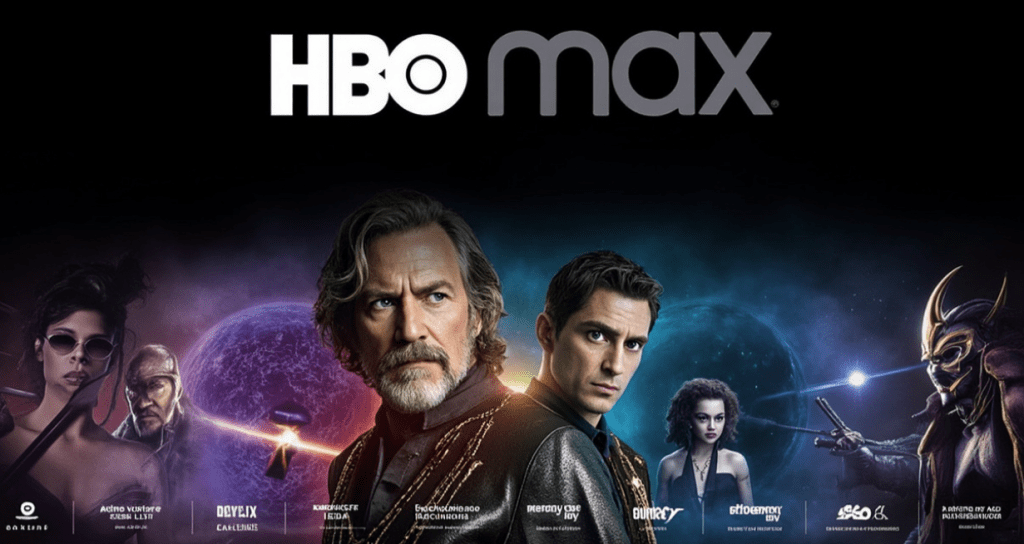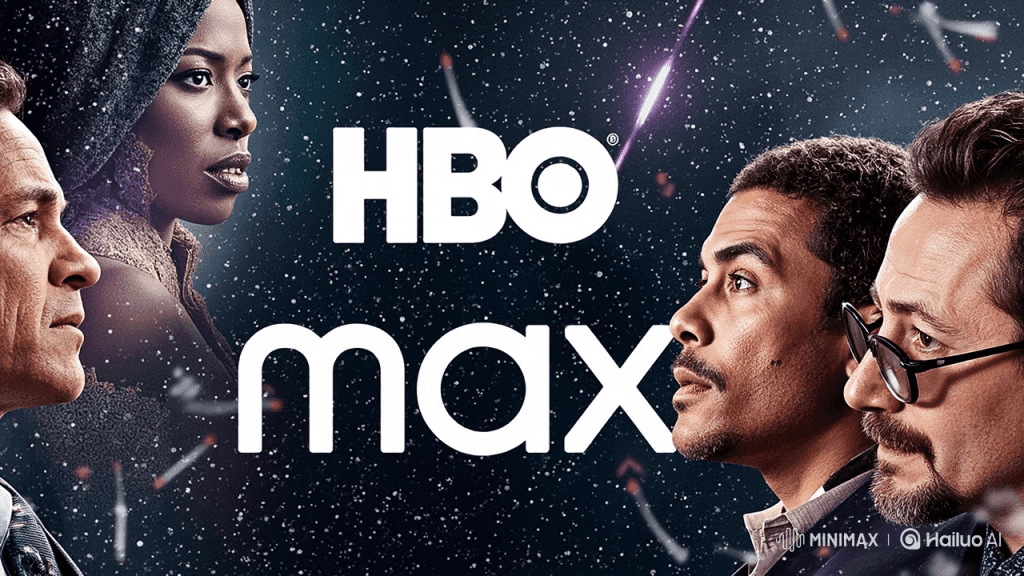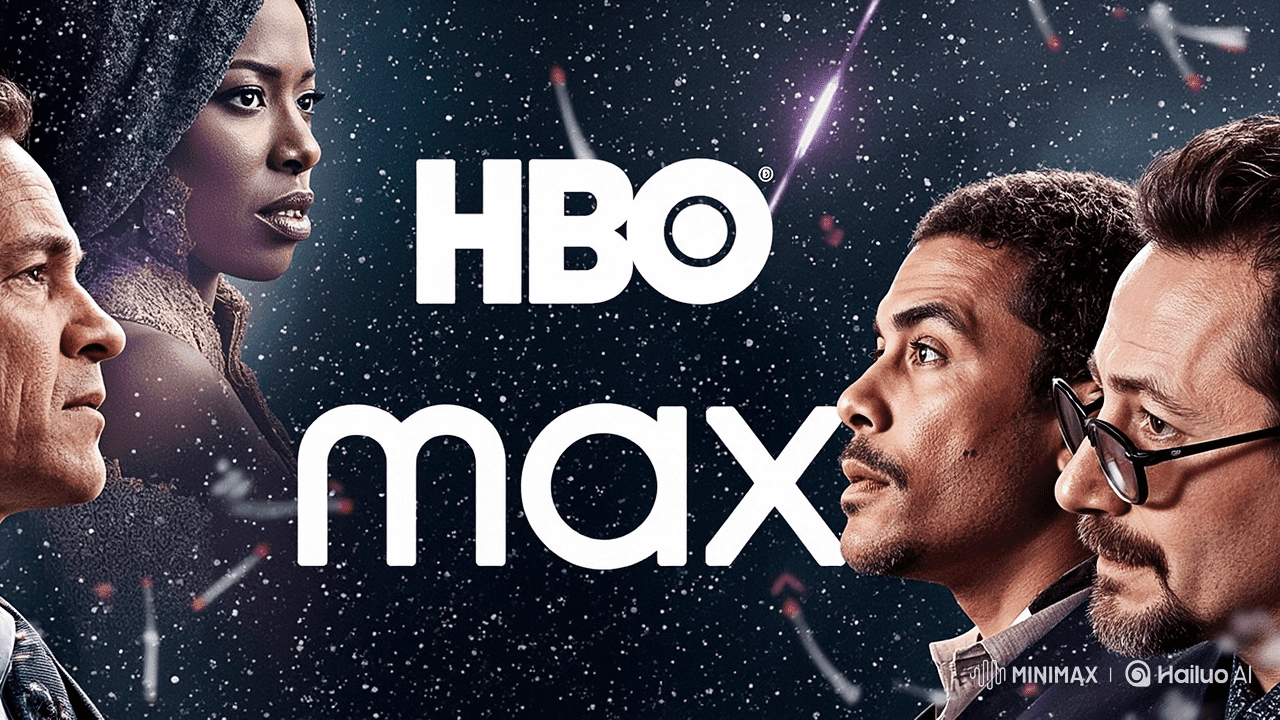Introduction: Systemic Transformation and Cultural Disruption
The unprecedented sequence of content cancellations on HBO Max represents not merely an instance of executive decision-making but a paradigmatic shift within the global entertainment economy. Once heralded as the zenith of creative innovation, the platform’s abrupt removal of even high-profile, nearly completed works has exposed the deeper fault lines of the streaming industry’s evolving capitalist logic. The phenomenon demands not only journalistic documentation but scholarly interpretation: What confluence of economic, technological, and ideological factors precipitated this radical recalibration of media strategy?
This essay contends that HBO Max’s contraction exemplifies a broader epistemic restructuring of digital distribution models — wherein creative autonomy is subordinated to fiscal rationalization and algorithmic governance.

The Genesis of HBO Max: Prestige, Populism, and Platformization
Upon its inception, HBO Max positioned itself as a hybrid of aesthetic sophistication and mass-market accessibility. Situated among dominant incumbents like Netflix, Disney+, and Amazon Prime Video, HBO Max capitalized on WarnerMedia’s legacy of curating high-art serials (The Sopranos, Euphoria, Game of Thrones) alongside culturally ubiquitous franchises (Friends, Harry Potter). In so doing, it sought to synthesize the dialectic between artistic distinction and cultural reach — a delicate balance historically embodied by HBO’s linear predecessors.
However, this ambitious hybridity engendered internal contradictions. As subscription growth plateaued and operational expenditures surged, the very foundation of HBO Max’s prestige economy became untenable within an overextended marketplace increasingly governed by data-driven austerity.
The Political Economy of Streaming: From Expansion to Retrenchment
The streaming economy, once mythologized as a democratizing space for boundless creativity, has matured into an oligopolistic field constrained by investor expectations and diminishing marginal returns. The early 2010s’ exuberance for original programming, sustained by speculative capital, has now yielded to an era of fiscal conservatism and consolidation.
HBO Max’s retrenchment, therefore, should be interpreted not as an isolated corporate act but as symptomatic of a broader structural correction. The logic of platform capitalism — privileging efficiency metrics over narrative innovation — compels executives to rationalize content portfolios through algorithmic triage and profit optimization.
Determinants of the HBO Max Purge
The precipitating factors are multifaceted yet converge on a single axis: economic exigency. Following the 2022 WarnerMedia–Discovery Inc. merger, the resultant conglomerate, Warner Bros. Discovery (WBD), inherited an estimated debt exceeding $50 billion. CEO David Zaslav’s ensuing fiscal reengineering foregrounded immediate cost recovery through asset rationalization, including strategic content deletions and tax-advantaged write-offs.
Projects such as Batgirl — nearly completed yet indefinitely shelved — functioned as instruments of balance-sheet optimization, where cultural production was subsumed under the logic of financial recuperation. The practice, while legally permissible, revealed the growing hegemony of corporate finance over artistic enterprise.
Cultural Casualties: An Annotated Catalogue of Terminated Works
The ensuing content purge decimated both legacy franchises and emergent narratives:
- Batgirl – Abandoned mid-post-production; exemplifies capital recuperation via tax write-down.
- Westworld – Once HBO’s philosophical magnum opus; its removal epitomized the expendability of prestige television.
- The Time Traveler’s Wife – Canceled for insufficient viewership, despite strong auteurist credentials.
- Raised by Wolves – A visually ambitious Ridley Scott project rendered economically indefensible.
- Love Life – Critically favored yet demographically limited; sacrificed to portfolio efficiency.
- Gordita Chronicles – A casualty of representational contraction in favor of fiscal pragmatism.
- Minx – Briefly extinct before resuscitation by Starz, underscoring inter-platform content migration dynamics.
Corporate Consolidation and the Reconfiguration of Cultural Hierarchies
The Warner Bros. Discovery merger marked a decisive turn toward vertical integration and brand homogenization. The emergence of Max, the amalgamated platform, signified a post-prestige era wherein the HBO brand identity became entangled with Discovery’s reality-television ethos. The epistemic shift from curation to aggregation reflects a rearticulation of value — from aesthetic excellence to engagement metrics.
Scholars might interpret this as a Foucauldian transformation of media governance: the disciplining of creativity through economized visibility regimes.

Technocratic Rationality and the Metrics of Elimination
Within WBD’s analytical framework, each series underwent quantification through data matrices evaluating viewership duration, retention curves, and ancillary monetization potential. Content that failed to achieve optimal performance thresholds was excised — a manifestation of algorithmic governance supplanting human editorial discretion. Moreover, de-platforming titles reduced residual liabilities owed to unions and talent guilds, further optimizing expenditure.
The process represents a form of digital necropolitics: the administrative determination of which cultural artifacts live or die in the streaming archive.
Economic Minimalism and Strategic Realignment
Zaslav’s strategic doctrine of “fewer, bigger, better” reframed production philosophy as risk management. By reallocating resources toward globally franchisable properties, WBD embraced the blockbusterization of streaming. This mirrors cinema’s post-1970s consolidation, where tentpole logic displaced mid-budget experimentation.
Thus, HBO Max’s identity — once anchored in narrative audacity — is now calibrated toward predictable profitability, privileging intellectual property extensions over creative originality.
Public Discontent and Digital Mobilization
Audience reactions oscillated between disappointment and activism. Online communities mobilized under banners such as #SaveOurShows, articulating a collective resistance to the commodification of cultural expression. The Batgirl cancellation, in particular, catalyzed discourses on artistic sovereignty, gender equity, and the ontological status of unfinished media in digital capitalism.
This public discourse reveals the emerging consciousness of audiences as cultural stakeholders, contesting corporate opacity and demanding ethical accountability from streaming conglomerates.
Creative Labor and Institutional Trust
The creative community’s response was marked by profound unease. Industry professionals, historically aligned with HBO’s reputation for auteur-friendly practices, now confront a regime of uncertainty. Anonymous testimonies from writers and producers underscore a crisis of institutional trust: when content can vanish for fiscal expediency, the implicit social contract between creators and distributors dissolves.
Ridley Scott’s public lament over Raised by Wolves’ termination encapsulates this sentiment, emblematic of a broader anxiety over the precarity of artistic labor in algorithmically governed economies.
Reverberations Across the Global Industry
HBO Max’s contraction precipitated a domino effect throughout the streaming sector. Competing platforms such as Netflix, Disney+, and Paramount+ initiated analogous austerity reviews, signaling a paradigmatic shift from content proliferation to financial stabilization. This retrenchment has reanimated theoretical debates on media ownership, cultural preservation, and the archival responsibilities of private entities.
The impermanence of digital catalogs raises ontological questions regarding the very concept of media heritage in the cloud age.
Forecasting the Future: From Proliferation to Curation
The streaming economy’s speculative expansion has reached its terminal limit. The emergent phase emphasizes consolidation, cross-platform licensing, and curatorial selectivity. HBO Max’s transformation prefigures a future defined by strategic restraint rather than abundance. Viewers can anticipate fewer debuts but enhanced production depth, as quality becomes the primary currency of differentiation.
Paradoxically, this retrenchment could restore HBO’s foundational ethos: the privileging of narrative excellence over numerical excess.
Comparative Analysis: HBO Max, Netflix, and Disney+
While Netflix globalizes its narrative portfolio and Disney+ capitalizes on franchise synergy, HBO Max — now Max — positions itself within a liminal zone between auteurism and mass appeal. This hybridization may yield either brand renewal or identity dilution. Its success will depend on whether the platform can reconcile prestige with populism without eroding the symbolic capital accrued through decades of critical acclaim.
Conclusion: The Ontology of Absence
The HBO Max cancellations transcend mere business realignment; they signify the ontological fragility of digital culture. In a system where content can be algorithmically effaced, cultural memory becomes contingent upon corporate discretion. For scholars and practitioners alike, this moment demands a reevaluation of the ethics of ownership, the economics of creativity, and the epistemology of disappearance.










